Sleep tourism will be one of 2025's biggest travel trends — here’s why you should book a sleep retreat too
Should you hop on the sleep tourism trend this holiday season? Absolutely and here’s why
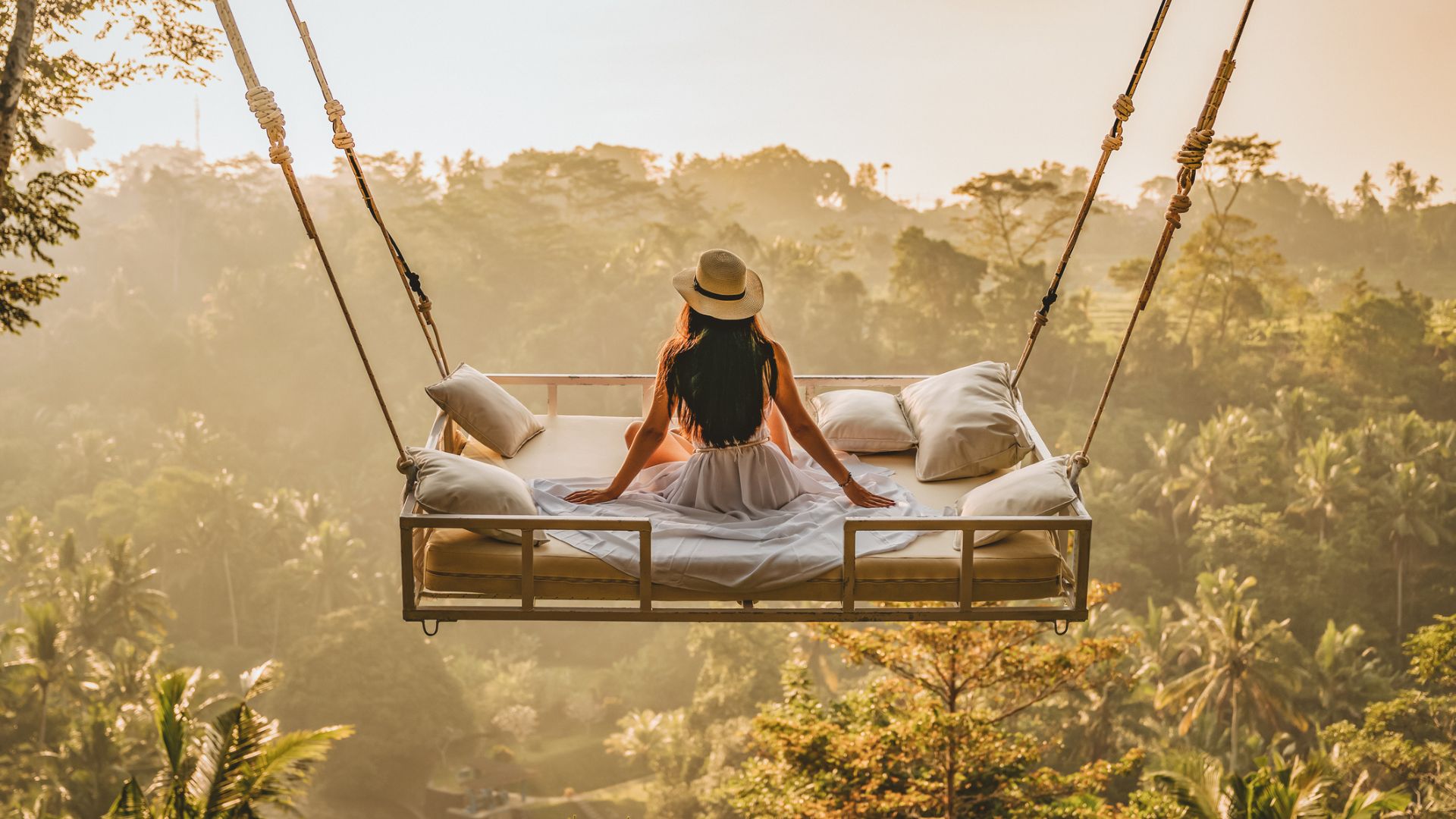
Forget traveling to expand your horizon — sleep tourism is the travel trend for those prioritizing rest and relaxation. Dubbed ‘The Great Recharge’ by Hilton, sleep tourism is going to be one of the biggest travel trends for 2025.
That’s because this popular form of vacation extends out of the global wellness tourism industry — reportedly worth more than US$800 billion globally and expected to boom. Instead of freedom and adventure, people are looking for ways to restore their energy and mental well-being through restful experiences.
And if you get to sleep on one of this year’s best mattresses and get top-rated sleep advice at the same time, why wouldn’t you? Rest is becoming a luxury — and sleep tourism is cashing in. But should you take part? Here’s everything you need to know.
What is sleep tourism?
Sleep tourism is the growing travel trend where holidaymakers visit a specialized place or hotel in an effort to improve their sleep quality or experience restful sleep. These trips, often to luxury hotels, retreats, or wellness centers, are designed to offer environments and activities that promote relaxation and address sleep problems.
Psychotherapist Heather Darwall-Smith, who specializes in sleep therapy, says, “At its core, sleep tourism speaks to desire for rest in an overstimulated world. We’re looking for a need to escape from the relentless demands of modern life. Our brains and bodies are often in a chronic state of stress, juggling multiple roles and responsibilities without sufficient downtime for recovery.”
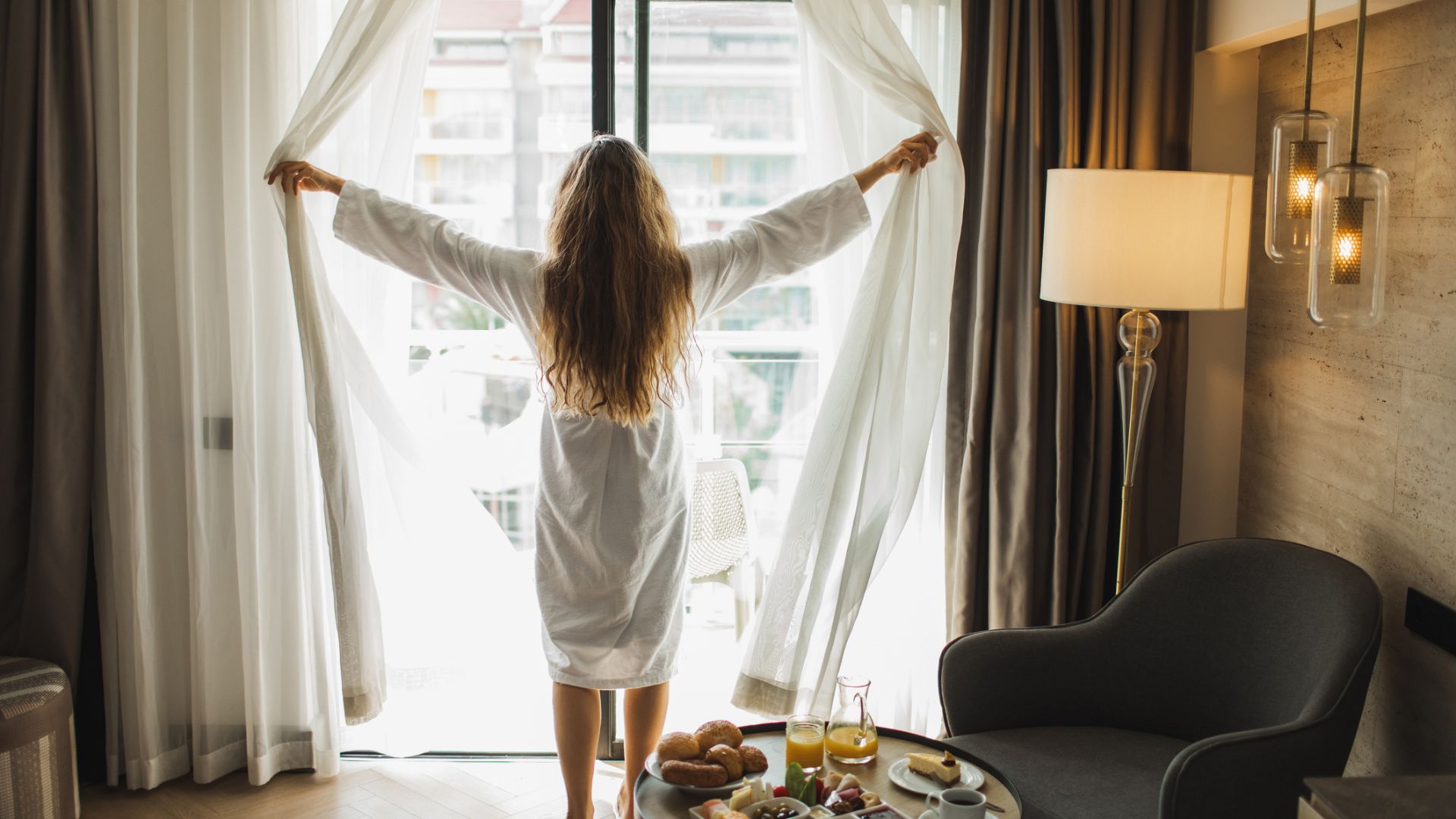
The stays vary per establishment but have been known to include sleep-inducing amenities like blackout curtains, sleep hypnosis, soundproof rooms, A.I-assisted beds, and high-quality bedding. There are also more structured parts like sleep coaching or monitoring, video polysomnography and guided meditation.
But why has rest replaced exploring? Dr Chelsea Perry, owner of Sleep Solutions and a Diplomate of the American Board of Dental Sleep Medicine, said, “The rise in sleep tourism is largely due to increasing stress and a growing awareness of how essential sleep is for health. After years of juggling busy schedules and digital overload, people are actively seeking ways to prioritize rest.”
Sign up to get the BEST of Tom's Guide direct to your inbox.
Get instant access to breaking news, the hottest reviews, great deals and helpful tips.
She continues, saying, “Sleep tourism likely began to develop as early as the wellness movement took off, with people becoming more aware of self-care. While it's hard to pinpoint an exact time, wellness resorts have been catering to sleep improvement for years, and this trend has only grown.”
What are sleep retreats?
A sleep retreat is a sleep-focused wellness experience for those looking to better their rest. They can range from a single night to up to a week's stay, where visitors will speak to experts on their sleeping habits and issues they feel.
While the retreats can vary in their offerings, they will have a sleep programme for guests to follow. This can include hypnosis, tips on improving insomnia, massage, as well as tech elements like the sleep tracking equipment to optimize deep sleep or video polysomnography.
Darwall-Smith says, “The appeal of these retreats lies in their ability to offer a protected environment – a bubble, if you will – where life’s complexities are temporarily set aside.
“This mirrors what you might see in a clinical sleep study setting, where, despite wires and clinical apparatus, people often sleep well because they are, in essence, removed from the everyday worries that usually keep them awake.”
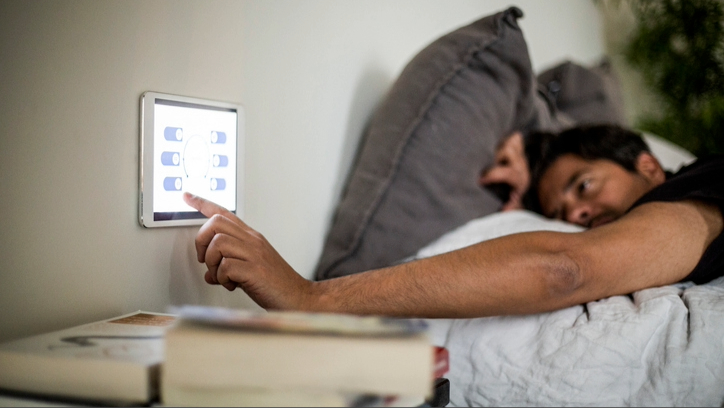
The Benefits of sleep tourism: Should you take part?
De-stress your mind and body
Taking the time to focus on improving your sleep and getting a better understanding of any underlying sleep issues is definitely something worth investing in. Remember, it's the quality of sleep over quantity that is beneficial.
Sleep retreats provide an opportunity to reset sleep patterns and learn new techniques that work best for you. You can implement these techniques at home for lasting benefits.
A recent 2024 study found that individuals with shorter or poorer quality sleep on average had significantly flatter diurnal cortisol slope, which is indicative of a dysregulated stress-response system. This highlights the importance of good sleep in regulating the stress-response system and maintaining optimal health.
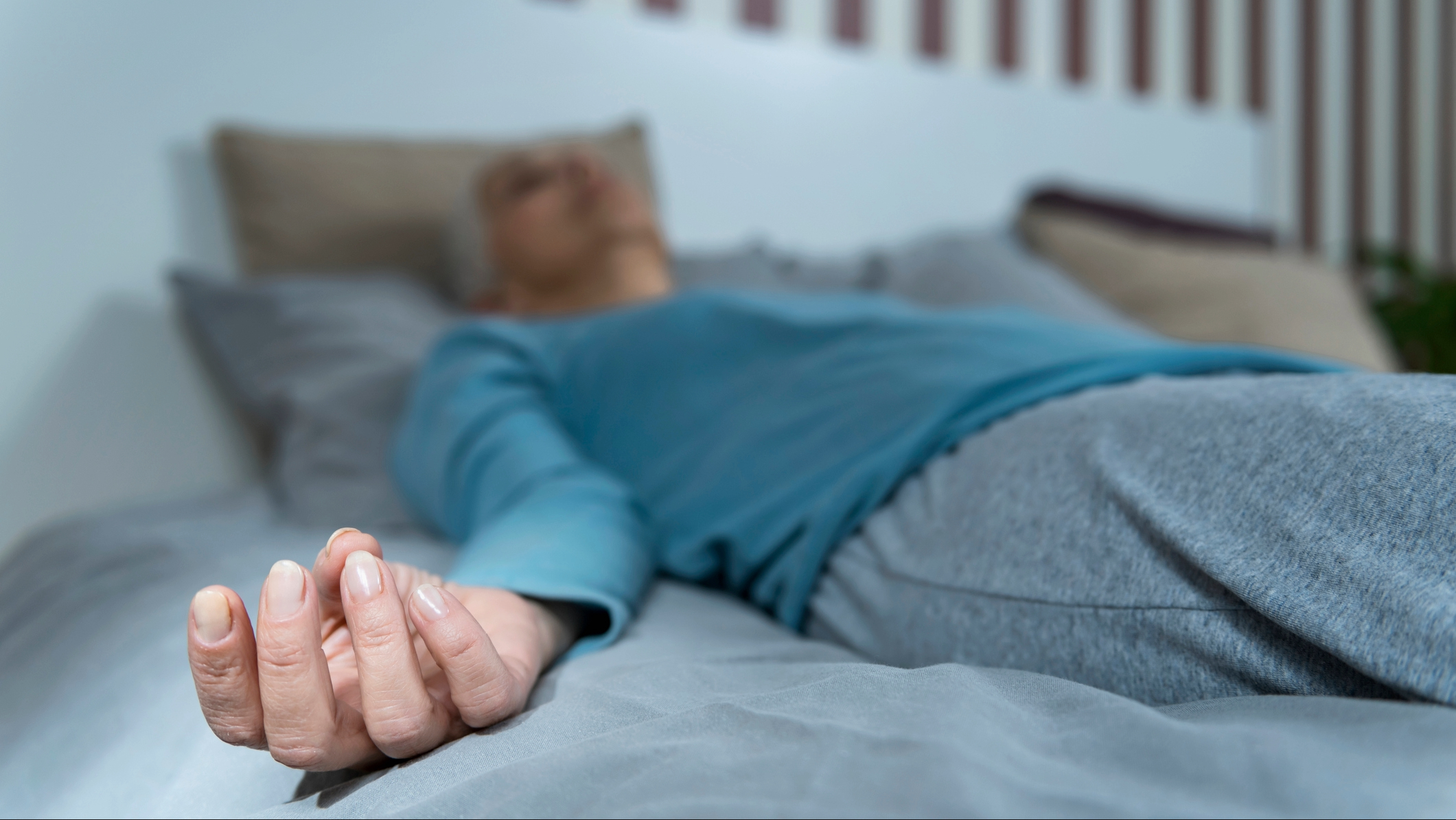
Learn life-long sleep tips
As some sleep retreats offer monitoring and testing during your stay, the data you get back will be more beneficial than a spritz of lavender spray.
Being able to have personalized insights about your sleep can help highlight areas you might have overlooked, like your diet or hormone health, which can have a huge impact on your energy and ability to rest. It's also an opportunity to learn about sleep hygiene and how you can improve yours.
Consider a sleep retreat beyond the restful experience of getting away from day-to-day life. Instead, look at them as opportunities to identify what’s keeping you up at night so you can get expert help.
Take part in guided meditation
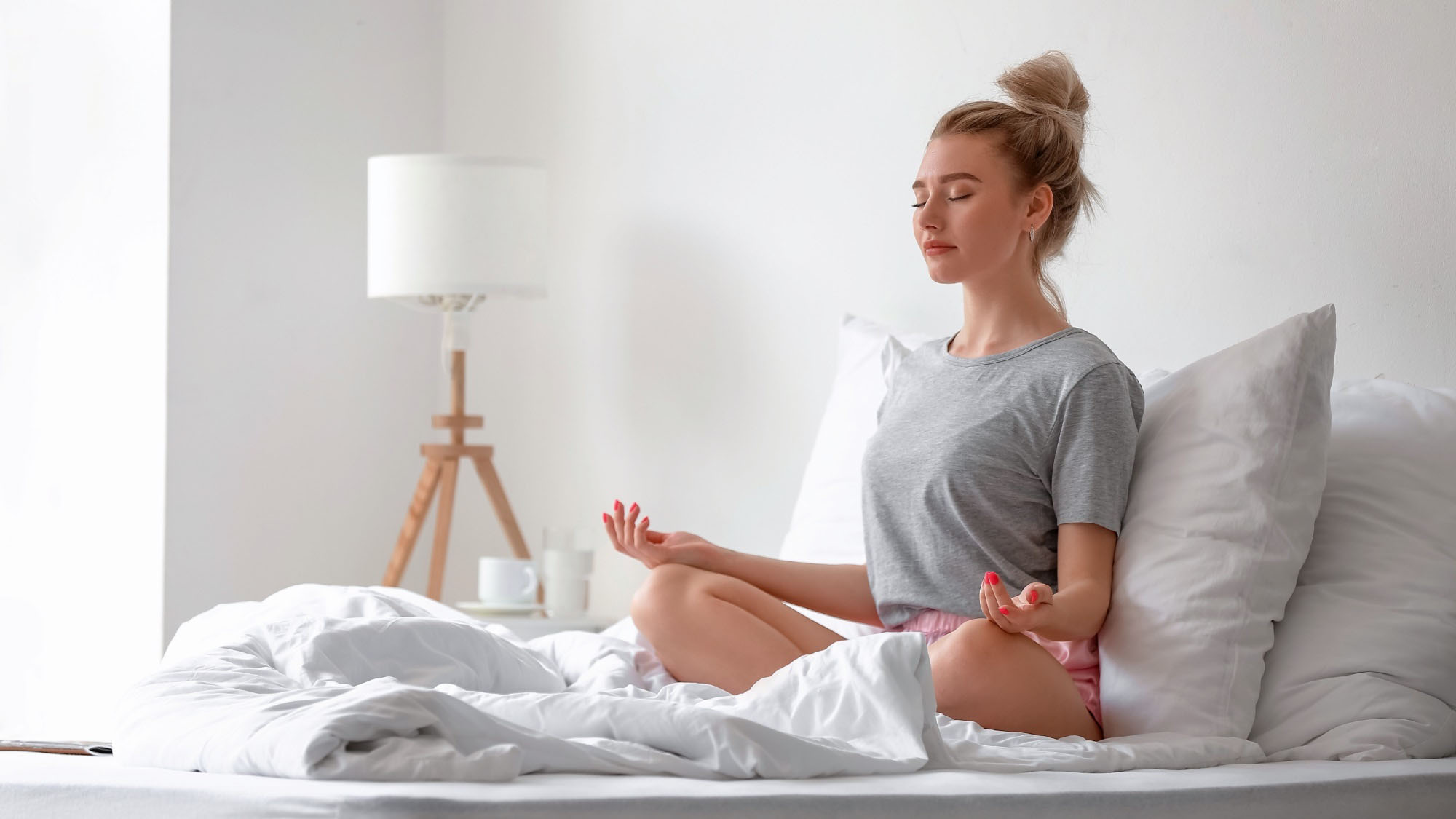
Starting sleep meditation on your own may be a little daunting, so guided meditation can be a great way to learn a lifelong skill.
Many sleep retreats have a central focus on meditation. Dr Perry says, “For those who struggle with meditation, I’d say start small. You don’t need to do it for a long time to feel its effects. Personally, I used to struggle with meditation until I started with just five minutes a day. It’s all about building the habit gradually.”
Meditation helps to relax the body and the mind, leading to better, deeper sleep. It can also be a reliable technique to fall asleep fast at night.
4 of the most popular sleep retreats around the world
1. Chiva-Som Hua Hin, Thailand
Immersing guests in tropical greenery and Thailand’s elegant Royal Coast, Chiva-Som is the resort dreams are made of. Their latest offering is a Sleep Enhancement Specialisation programme, available as an add-on experience to any of their retreats.
It begins with a series of evaluations: an overnight monitoring device is fitted in your room to detect abnormal breathing patterns, followed by hormone testing to see whether your circadian rhythm needs resetting. This can identify whether low melatonin levels at night are contributing to insomnia, or low cortisol levels in the day are causing fatigue.
Your results will determine a tailor-made holistic plan by the resident naturopath of recommended sleep improvement steps. To complete your experience, there is an in-room sleep support set-up and a specialized Better Sleep fitness class.
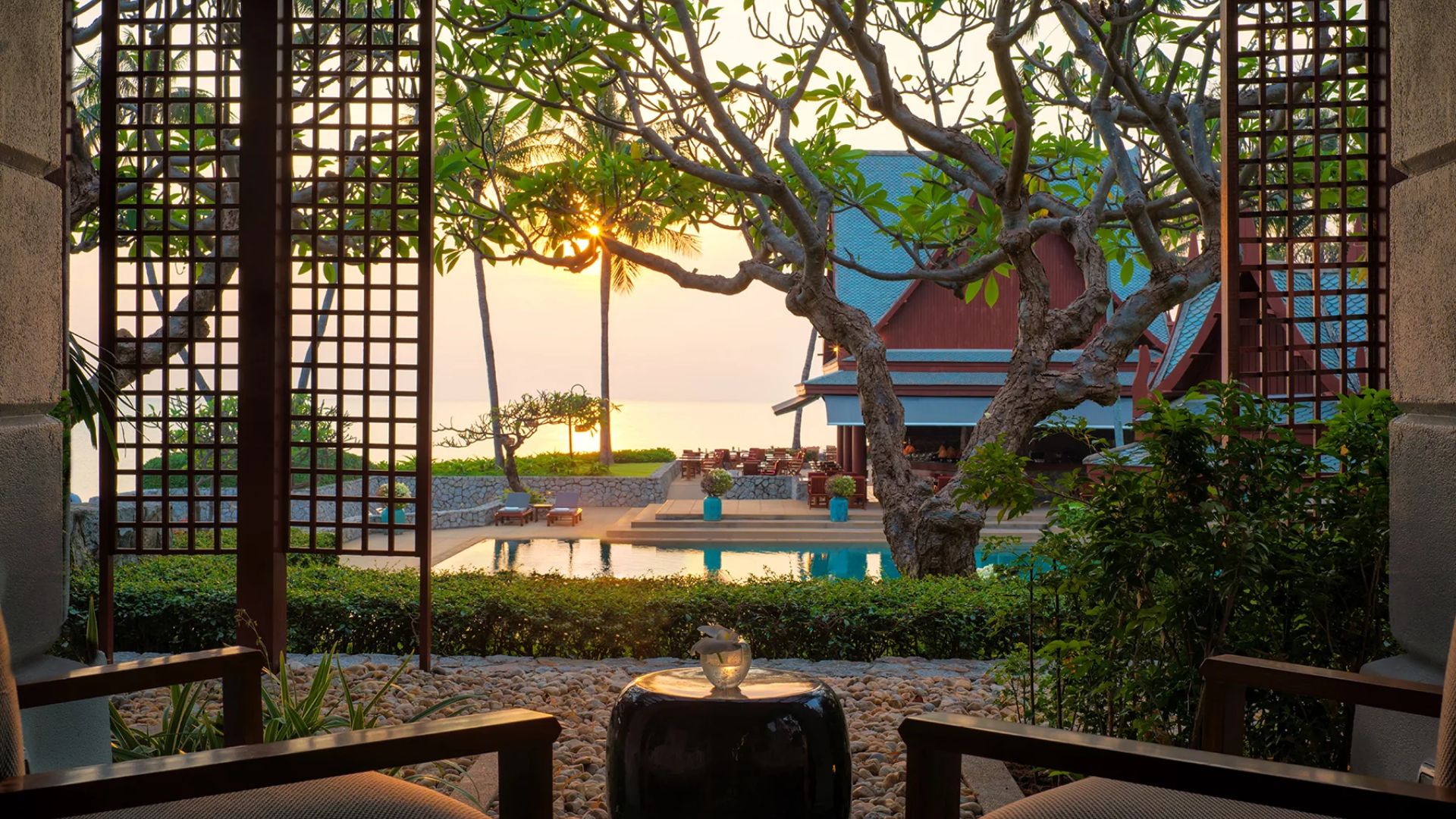
2. Six Senses Residences Courchevel, French Alps
For the ultimate in restorative sleep retreats, look no further than luxury hotel group Six Senses, which takes sleep very seriously.
Set in the heart of the largest ski resort area in the world, Six Senses Residences Courchevel offers a wide range of services, including its popular Sleep Programme – devised in collaboration with revered sleep doctor Michael J.Breus Ph.D.. Each programme varies in length (you can choose between three, five or a seven-night stay) and content.
You can expect advice from the Sleep Doctor with the many benefits of yoga nidra and meditation, relaxing treatments and amenities, wellness therapies, nutrition advice and low intensity training. Dozing off has never been easier – or been set in a more beautiful location.
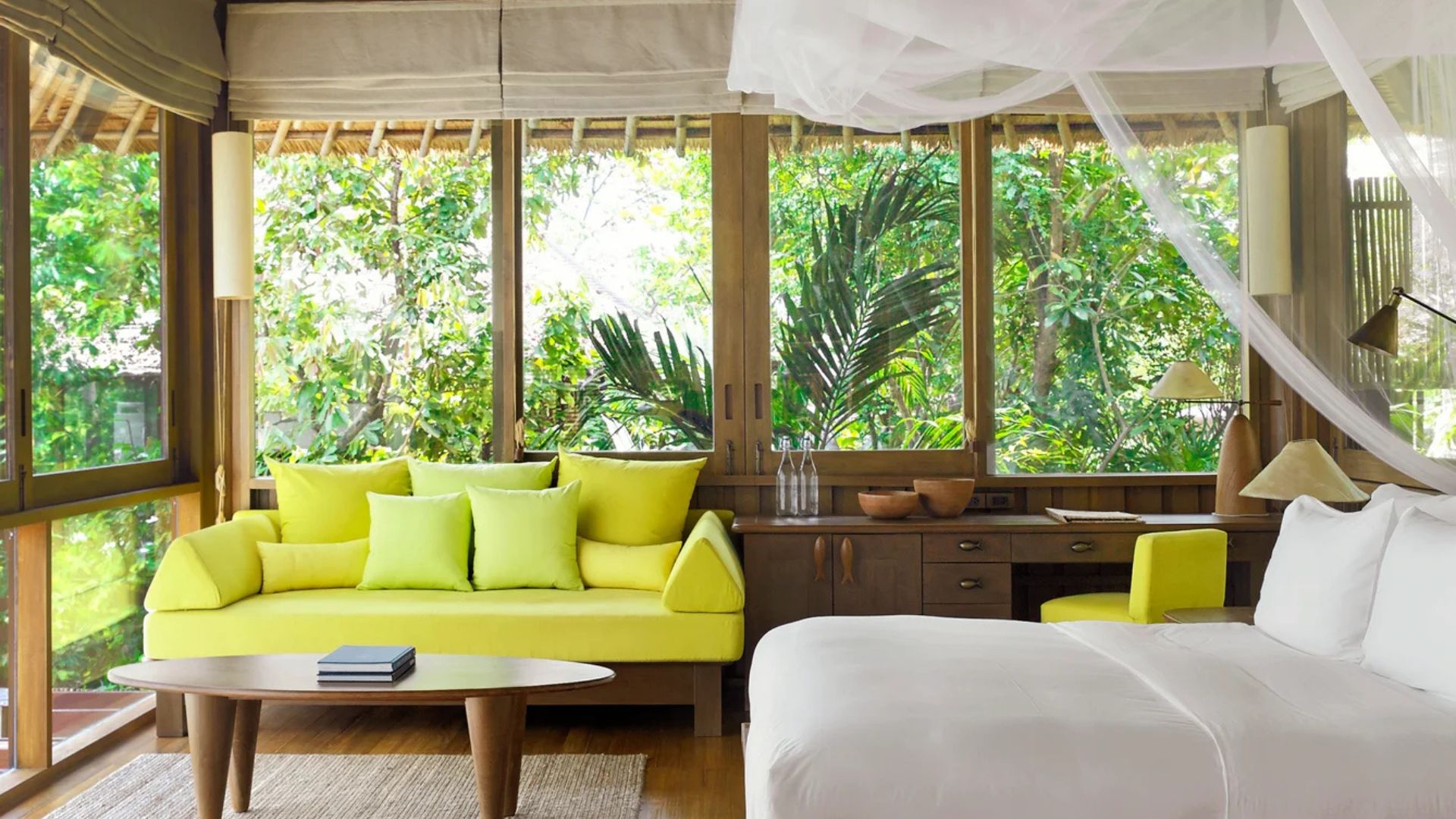
3. COMO Metropolitan, Singapore
Looking to get techy on your sleep retreat? Stay at COMO Metropolitan in Singapore, a retreat that focuses on how crossing time zones can disrupt our circadian rhythm and lead to sleep deprivation.
Slip into a Hyperbaric ‘Airpod’ at wellness centre COMO Shambhala. The 60-minute Hyperbaric Oxygen Therapy and 60-minute Contrast Therapy, will enhance the quality of sleep and aid natural healing and jet-lag recovery.
That’s because the ‘pod’ delivers a combination of oxygen and molecular hydrogen to give guests 50 percent more oxygen compared to breathing air, helping deepen the sleep cycle and reduce stress.
The hotel’s Sleep Dreams initiative also includes ‘SleepHub’ technology, which uses neuroscience and psychoacoustic sound technology to help us fall and stay asleep.
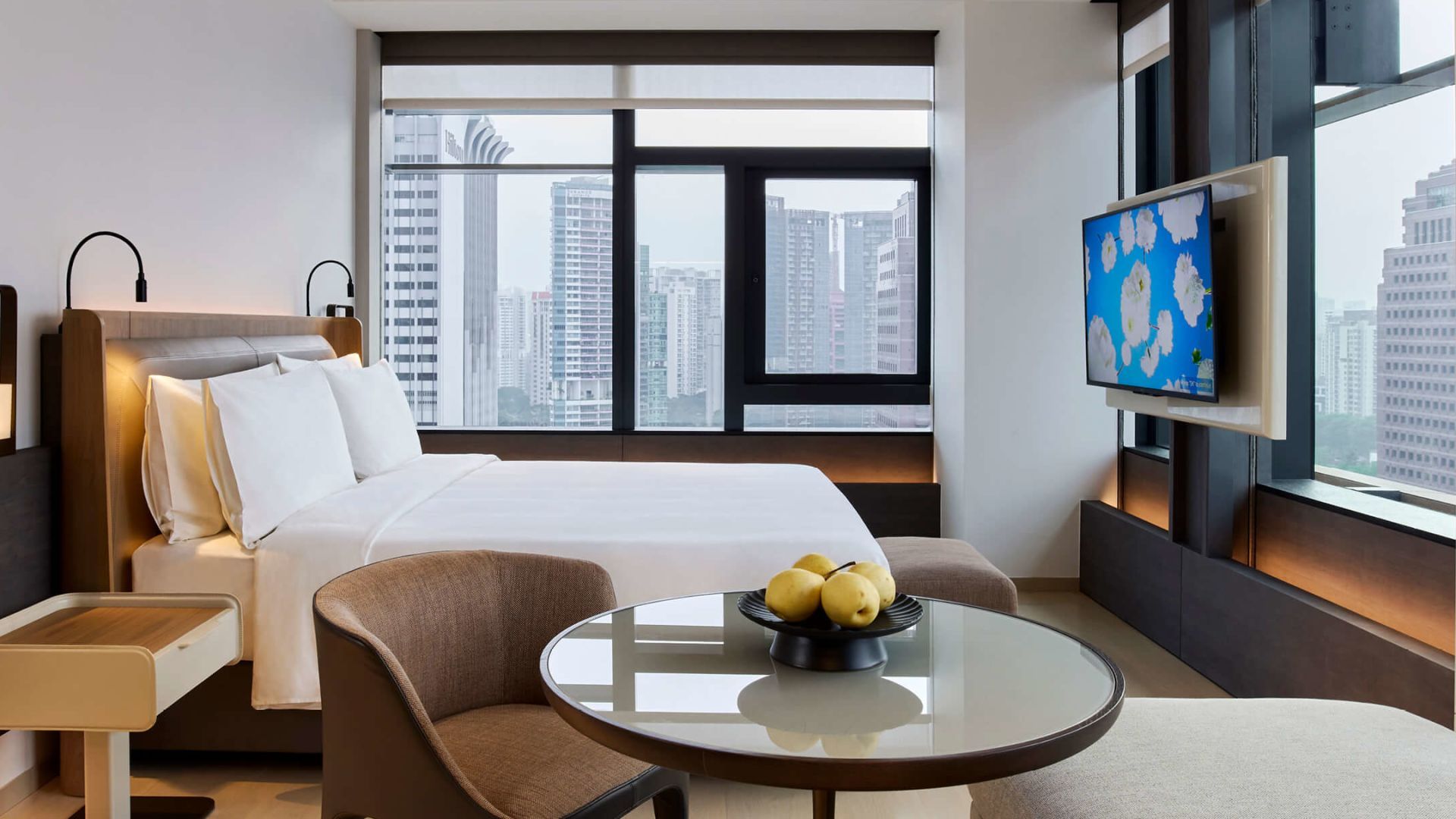
4. Ockenden Manor, West Sussex, UK
Looking for a retreat in England? Enter Ockenden Manor, located in the pretty village of Cuckfield. This manor-turned-luxury-hotel has launched the Good Sleep Retreat, with the next starting in late November.
Led by one of the UK’s leading sleep practitioners Dr Maja Schaedel, co-founder of the The Good Sleep Clinic, and a clinical psychologist specializing in insomnia, sleep difficulties and trauma. For two days, the retreat is action-packed.
You’ll have a one-to-one assessment, review and consultation with Dr Schaedel, as well as a group session learning about the science of sleep and a breathwork session. You’ll also be offered an isopod floatation session, a yoga session, group gym class, guided walk in the beautiful Sussex countryside and full-use of the spa during your stay. Talk about dreamy.
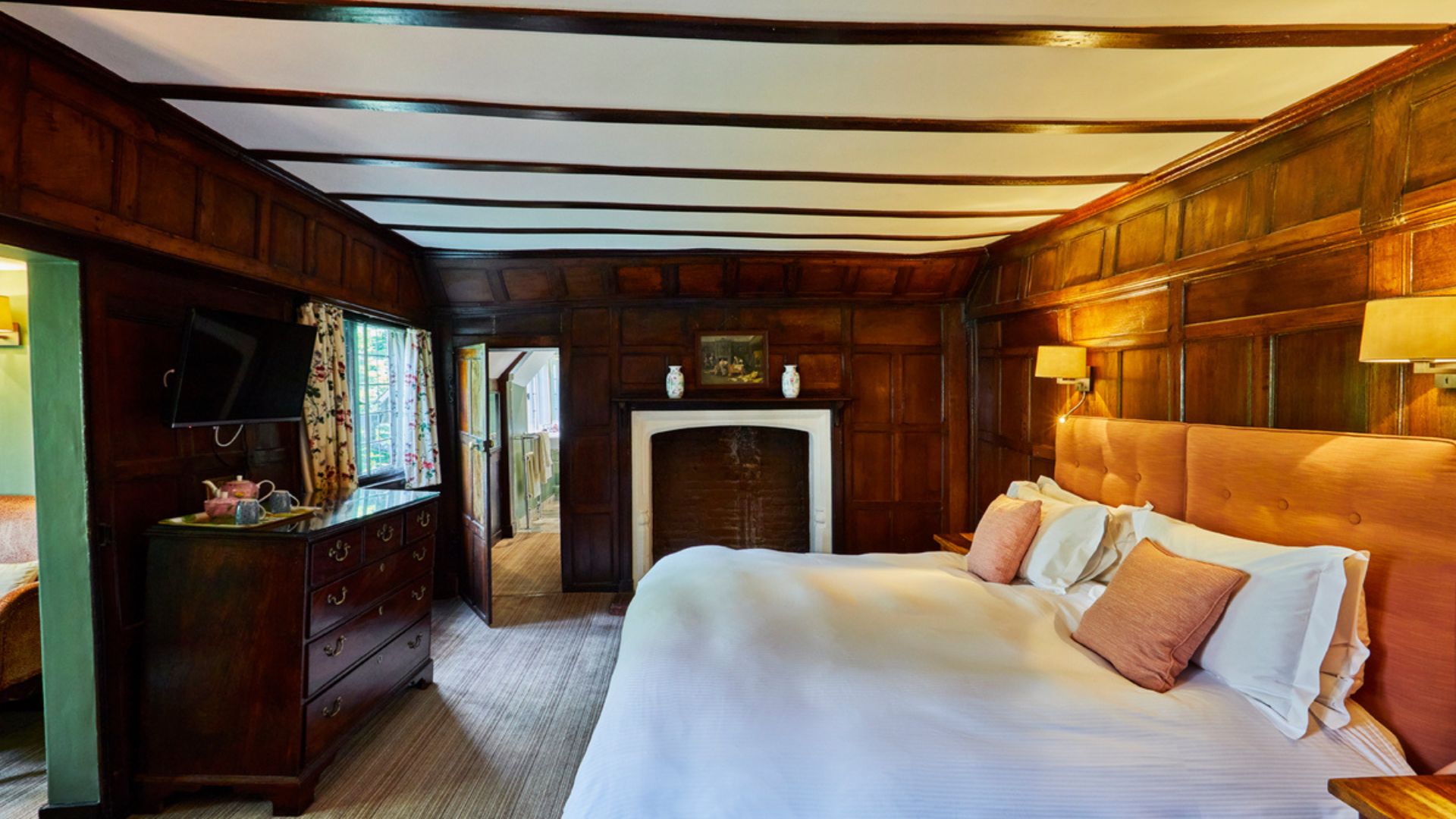
Louise Ramsay is an experienced writer, regularly covering lifestyle and health articles. She has a masters in multimedia journalism and has recently started writing for Tom's Guide, sharing her expertise in the sleep industry. Louise is interested in the affect of sleep on our overall health and has a keen interest in helping readers improve their sleep, and therefore, their overall wellbeing.
